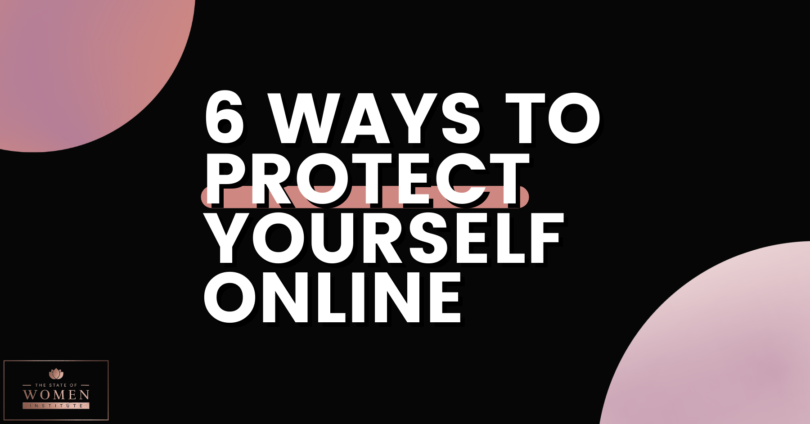Safer Internet Day was observed globally yesterday, but outreach and discussion continues all week at SID-USA.org.
The online safety of all is crucial as we work to include every voice in the growing worldwide dialogue. Whether in business, education, or your personal life, you have the right to participate in the global community. More people than ever, especially women and underrepresented groups, are raising their voices and making their marks online—and all deserve to be safe and free to speak.
Many of the events focus especially on young people, but ALL are entitled to safety and respect, including while online. While mistreatment is absolutely never the victim’s fault, you can take steps to help ensure your safety—and to respect and protect others.
1. Be mindful
Your online experience should not include toxicity, misinformation, or hate. Control who sees what you post online, and carefully consider what you share. Revealing information in conversations, sharing images and personal details, making your location public, or tagging individuals on social media can all affect your safety and experience online.
Protect your online wellbeing. Only engage with—and rely on information from—people and brands you trust.
2. Set it and don’t forget it
Settings impact your online security. Learn how to choose secure passwords, and consider using login verification or two-factor authentication to protect your accounts. Check privacy settings on all devices and on sites or apps you use.
Make sure you have automatic updates enabled on your computer and phone, and use the latest version of your browser. Restart if necessary to update your software.
3. Be aware of tech and traps
Microsoft’s built-in Windows Defender is fantastic if you use a computer with Windows 10, as is the protection included in macOS. Additionally, Malwarebytes Premium is recommended for either system. For phones, avoid downloading antivirus apps and only download trusted apps from official stores.
Be wary of third-party apps, browser extensions, or shortened URLs you don’t recognize: They can be used to steal your data or track you.
4. Scams, scorn, and safety
Scams can be sophisticated, but they often rely on the same human impulses involved in online clashes. If a stranger requests information; especially by playing on feelings of desperation, urgency, fear, or other emotions that can cause you to lower your guard; check it out first.
If you’re feeling angry, shocked, or overwhelmed online step back and take a break. Mute users or hide likes if possible. This can help reduce the chance of being on either end of a toxic online interaction.
5. Remember: No one deserves mistreatment
Unfortunately, some people take advantage of anonymity to deceive, stalk, harass, bully, release information publicly, or even engage in attacks like revenge porn (sharing intimate images without consent).
Report misinformation, abusive behavior, harassment or other mistreatment you experience or witness to the platform (or, when necessary, legal authorities). Block abusers and anyone who makes you feel uncomfortable. Document everything.
6. Know where to get help
Don’t be afraid to reach out for help. Instagram, Facebook, WhatsApp, Twitter, Zoom, TikTok, Snapchat, Discord and more have options to report abuse through a form or email. Visit saferinternetday.org for resources on hate speech, inclusion, family safety guidelines, online education, and much more.
And when necessary: Take a break and unplug.







